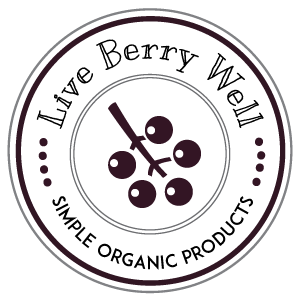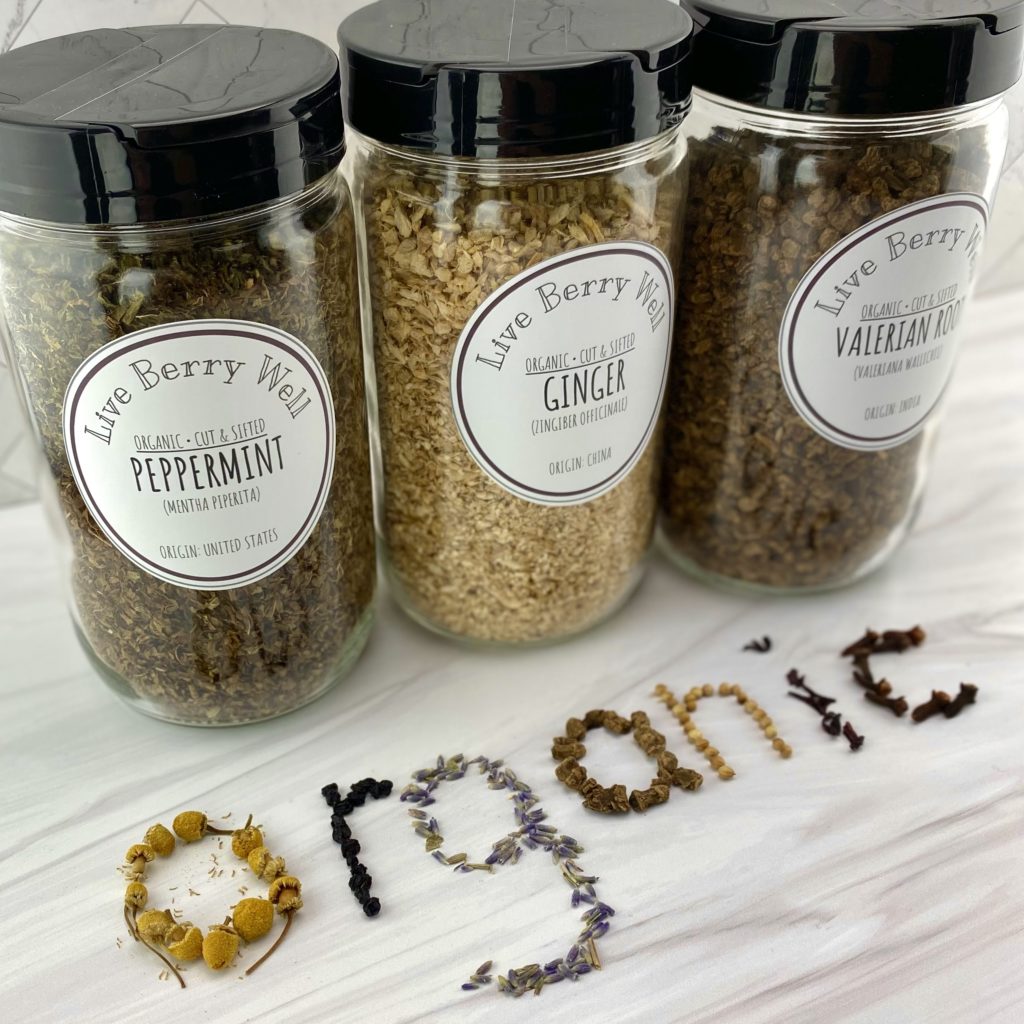Uncategorized
What Does “Organic” Mean?
The term organic is one that you’ve seen increasingly used in food packaging (as well as cosmetics and other products) over the past few years. It may look like just one more piece of information that companies use to sell you their product but it is so much more than that. Understanding what “organic” does and does not mean is important to making informed decisions during your next visit to the store or farmers’ market.
What is organic food?
In short, organic food is a term that covers all foods produced by methods that comply with organic farming standards.
To meet those standards, foods will need to be produced using natural processes and procedures that are untainted by harmful chemicals and synthetic materials The U.S. Department of Agriculture (USDA) regulates organic production and labeling under the National Organic Program, categorizing all items into four groups:
- Crops – plants that are harvested as food, livestock feed, or as feed for the field.
- Livestock – animals that are raised for the intention of food production or feed.
- Processed – any item that has been processed (such as chopped) for packaging.
- Wild – crops and plants that are grown at an uncultivated site.
To meet the standards set out by the National Organic Program, all crops must be free from synthetic growing materials like pesticides, artificial fertilizer, or sewage sludge while any livestock must be grown on purely organic feed and without the use of growth hormone injections. Similar regulations will apply to animals that produce milk or eggs.
Embracing organic foods can be deemed the healthiest option for the consumer. Aside from avoiding chemicals, organic foods can provide more antioxidants and 50% more healthy fats. Organic farming is also better for the environment, especially when the company couples those practices with responsible packaging and courier services.
So, does the term organic mean that your food is 100% free from chemicals or inorganic processes? Not exactly…
Different organic food labeling
When picking up organic foods and products made by organic brands at the store or farmers’ market, you’ll notice that all labeling is displayed in a prominent position as per USDA regulations, which also state ingredients must be listed from most prominent to least prominent.
You may also notice that the wording on one organic food label differs from the wording on another. This is because not all organic foods are made equally – the labeling provides further details that can help you make the most calculated choices. The various labeling options are detailed below:
“100% organic”
The USDA organic seal can appear in the principal display panel and all organic ingredients should be noted on the information label. This can be achieved by adding the word ‘organic’ or by adding a marker such as an asterisk.
All raw and processed products must be made exclusively with ingredients that have been certified as organic, this includes any processing aids. The certifying agent must also be listed on the information label. If any ingredient is not 100% organic, the brand is not permitted to list the product under this category.
“Organic”
The principal display panel can include the USDA organic seal while the ingredients list should identify the organic ingredients by having the word ‘organic’ next to them or via other marks like an asterisk.
For produce to be declared 100% organic and feature this label, ingredients must be certified (unless exempt on the National List) and feature the name of the certifying agent on the info label. Any non-organic ingredients must feature on the National List and cannot account for more than 5% of the food.
“Made with organic”
The display panel for these ingredients can state “made with [insert up to three ingredients]” but cannot use the USDA seal. Organic ingredients must be stated or marked with an asterisk. The inorganic products must be clear.
Only foods made with at least 70% organic ingredients can be listed as “made with organic” while any non-agricultural products must feature on the National List of permitted items. The certifying agent who has confirmed that the product meets 70% organic levels must also be shown on the information label.
The final word
Choosing to buy organic foods supports the idea that we want our environment to be free of toxic pesticides, fertilizers, and drugs. At Live Berry Well, we believe our food should be clean and all natural, that’s why we use all organic ingredients in our elderberry syrup, herbs, and teas. Simple, organic products is not just a tagline, it’s a way of life for us.

